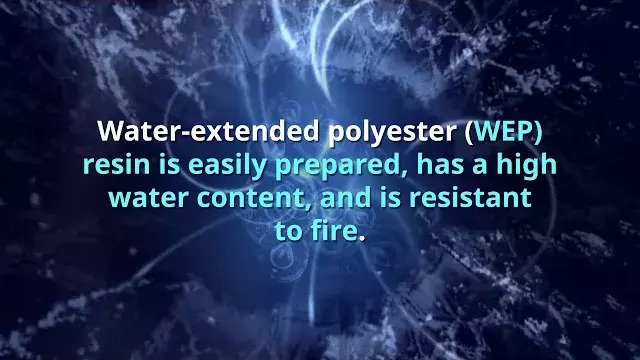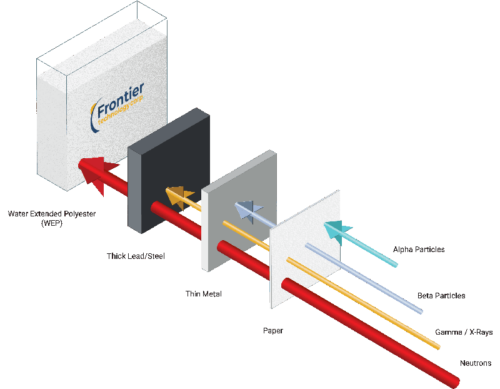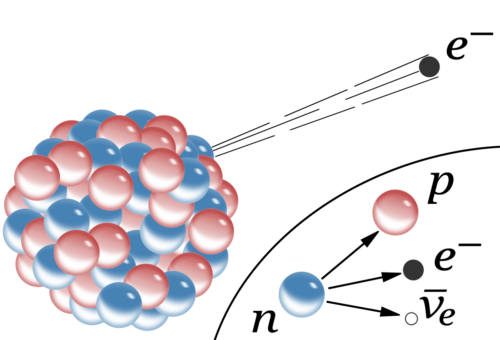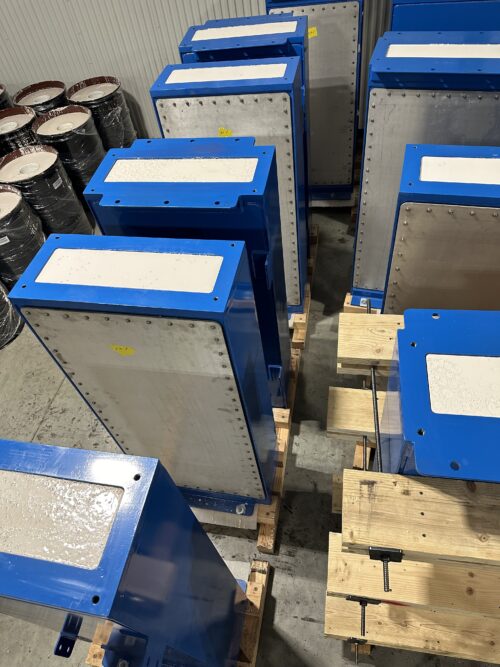Neutron Radiation
Neutron radiation consists of high-energy, electrically neutral particles released primarily during nuclear reactions. Neutrons pose unique challenges because their neutrality allows deep penetration through most standard shielding materials. Effective neutron shielding relies on materials rich in hydrogen or substances capable of neutron absorption or moderation, such as polyethylene, borated polyethylene, or specially formulated concrete.
Frontier Technology’s solutions efficiently slow and capture neutron radiation, significantly reducing exposure in nuclear power plants, research labs, and defense applications.






